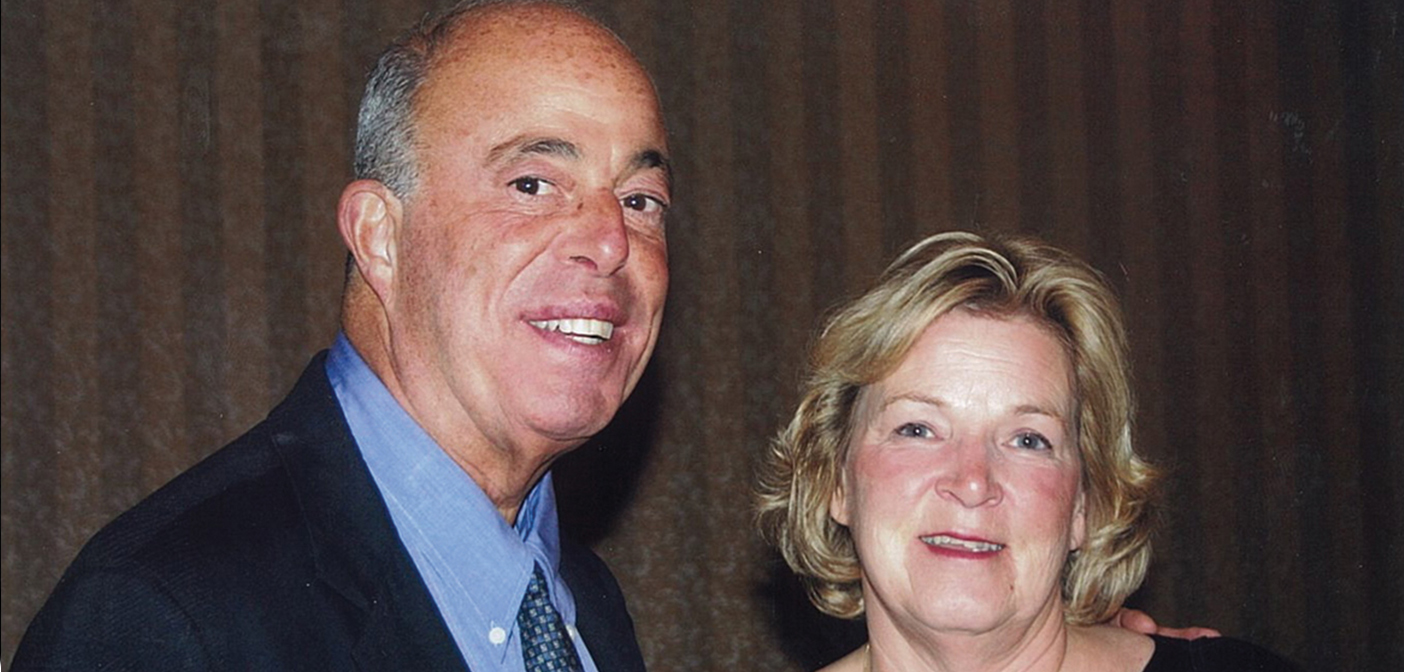The Epsteins fell for each other and the university, pledging to one day give back
The Epsteins’ love story has a comedic beginning: During a snowball fight in the winter of 1964 in front of The Johns Hopkins Hospital, Susan hit David in the eye and knocked out his contact lens. “I was apologizing to him, but I was also admiring this very handsome, tall, young medical student,” says Susan Epstein, who was a student at the neighboring School of Nursing at the time. They got engaged on the day Dr. David Epstein graduated from the School of Medicine, and they were married the following November.For this reason, of course, Susan feels a deep connection to Hopkins. The Epsteins were even talking about supporting the university through an estate plan. But when David, who was chair of the Department of Ophthalmology at Duke University School of Medicine for 22 years, passed away suddenly in 2014, Susan decided to make their gifts early. She donated $250,000 to the School of Nursing to support a student interested in patient advocacy and healthcare policy and $250,000 to the School of Medicine to support a student who intends to pursue a career in academic medicine and research.David and Susan Epstein“David was a scholarship student through all of his undergraduate and medical school education,” Susan says. “He felt a very keen responsibility to return that favor and pay it back, so that other young people could have the same opportunity that he had at Hopkins. After his death, I knew that this is the one thing that he would want to accomplish.”
But Susan’s time as a nursing student also had a profound impact on her: She calls those years “the most formative of my life.” Even though Susan did not stay in the nursing field—she became a lawyer instead—the drive she found at the School of Nursing to give her best effort to every pursuit stayed with her.
“Good enough was not good enough,” Susan says of nursing school. “It didn’t matter if you were exhausted or you had worked three hours beyond your shift. There was no excuse for not providing absolutely top-notch nursing care. That demand for excellence pervaded everything I did afterward.”
After Hopkins, Susan worked as a psychiatric nurse in Boston and San Antonio before getting an undergraduate degree in history, then her law degree from Boston College. She had spent years working with people with mental health challenges, trying to get follow-up services for them after they left big state facilities and rejoined the community, so she wanted to use her law degree to advocate for this population.
She went on to work for what is now known as Legal Aid, representing children who could not access healthcare, often because of mental health issues, and working with other attorneys to change government policies for them.
In March, Susan was in Phoenix, visiting with three friends she made at the School of Nursing. One night, they reminisced about their graduation day when, dressed in their white uniforms, they listened to Mary Price, director at the time, quote poet Rupert Brooke’s “The Soldier” in her commencement address: “If I should die, think only this of me:/That there’s some corner of a foreign field/that is for ever England.”
For Susan, Hopkins is her England. “There is always going to be this Hopkins experience that will be a part of you,” she says. She has met other former Hopkins students at cocktail parties and events around the country, and “there is this instant connection, an understanding that exists kind of like it would in a family,” she adds. “That is what David and I have felt all of our lives.”

